Nutrition & Health- Where & How to Find Credible Information
The internet contains literally millions of sites which contain health information. Of course we  must all do our own research to find out information for ourselves, nut how do we find out  which is correct and what to believe?
As a naturopathic student we are taught critical research skills. We are taught to source our  information from reputable sites, to use critical thinking and to base our information on  primary research articles.
But for those in the general public without that training, who wish to obtain correct information  about nutrition and health, it can be very confusing and time consuming.
So, in this blog post I will highlight a few points (and few great websites) about where, how and  from whom we can all find correct and current information about health and nutrition.
1) Where was the information found?
It’s best to source your information from credible and reputable websites. This can help you to know that the information is correct and written by a professional.
http://www.healthinsite.gov.au/topics/How_to_Assess_Health_Information_Online (How to Assess Health Information Online)
http://www.mydr.com.au/ (My Dr Website)
http://www.betterhealth.vic.gov.au/ (Better Health- An Australian Goverment Website)
http://www.who.int/en/ (World Health Organization)
Although, information on blogs and other sites can seem like they are correct, they may not necessarily be the case.
This is why it is generally better to stick with credible and accurate websites from health organizations and practitioners.
2) Who published the information?
There are many organizations and individuals who publish health information on the internet, some good, others not so much. By reviewing who published the information (or which site as above) it can help us narrow down whether or not the information is reputable.
I would lean toward people who are registered and trained naturopaths and dieticians who have completed degrees in their field as people who would be good to refer to.
In terms of a Naturopath or Dietician it also helps to check if the individual is a member of an association. To be part of one, they have to get checked by standards set out by the association which only accepts members from approved colleges or courses.
(Note: an association should have some kind of educational standards in place for it to be credible).
Dietetics Associations:
Naturopathic Associations:
ANTA http://www.atms.com.au/index.asp
NPA http://www.naturopath.asn.au/
Beware of publication bias. Some food companies or organisations may publish quality and true information; however their content may be bias towards the product or service they offer.
3) Is the information supported by evidence?
This is a very critical point. If information is validated by research this can help us to form an opinion about whether the information is correct. This also gives us a resource to do more research. If there is information without a reference it does not always give the article much credibility and it leads us to wonder, where has this information come from?
It is reassuring to know that someone has not just made information up or is not just their personal opinion if they are able refer to scientific literature that backs up their points.
4) When was the information published?
Information updates and changes all the time. Often information becomes irrelevant and is proven incorrect or has changes made to it to update it to the current thinking.
So saying that, it is better to stick with information (and research) that is current and updated. (Although that isn’t to say that past information is irrelevant).
Now I turn the question to you- where do you go to find quality health information? Please share your answer below!
Resources:
These websites may help you in your search for health information.
- Department of Health, Victoria
- Better Health
- How to Assess Health Information Online
- My Dr
- Mayo Clinic
[This post was inspired largely by Stephanie Chung, a dietician-to-be and author of Juicy Fresh Bites. You can view her original post here] [Photo by misterbisson].





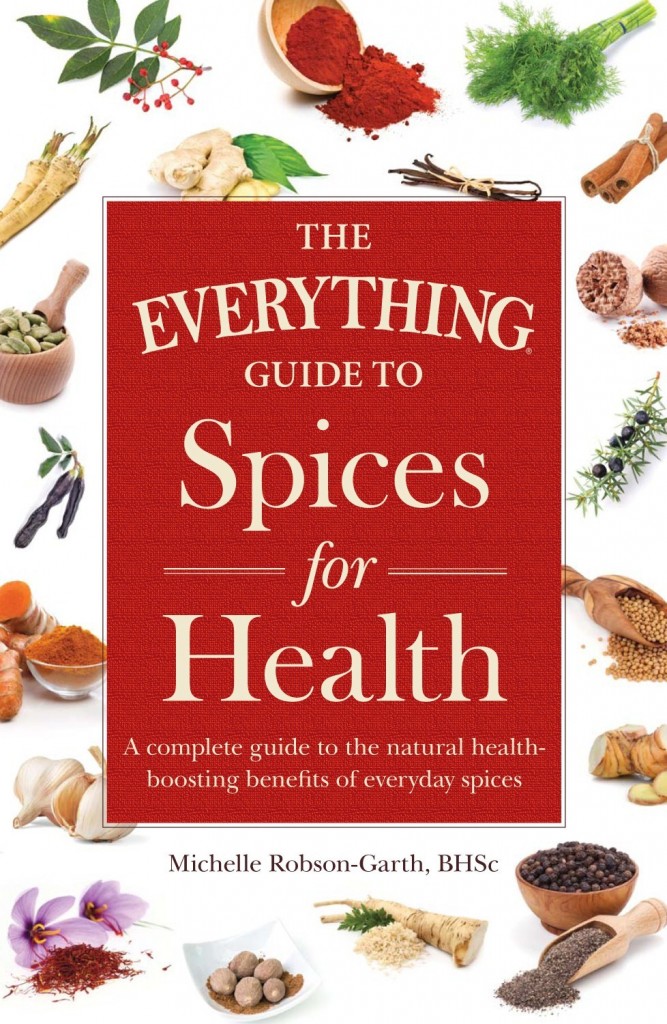

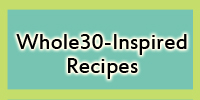
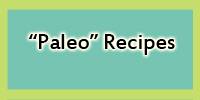
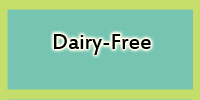
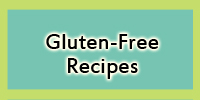
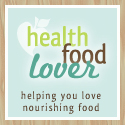
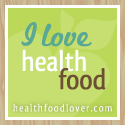






{ 1 trackback }